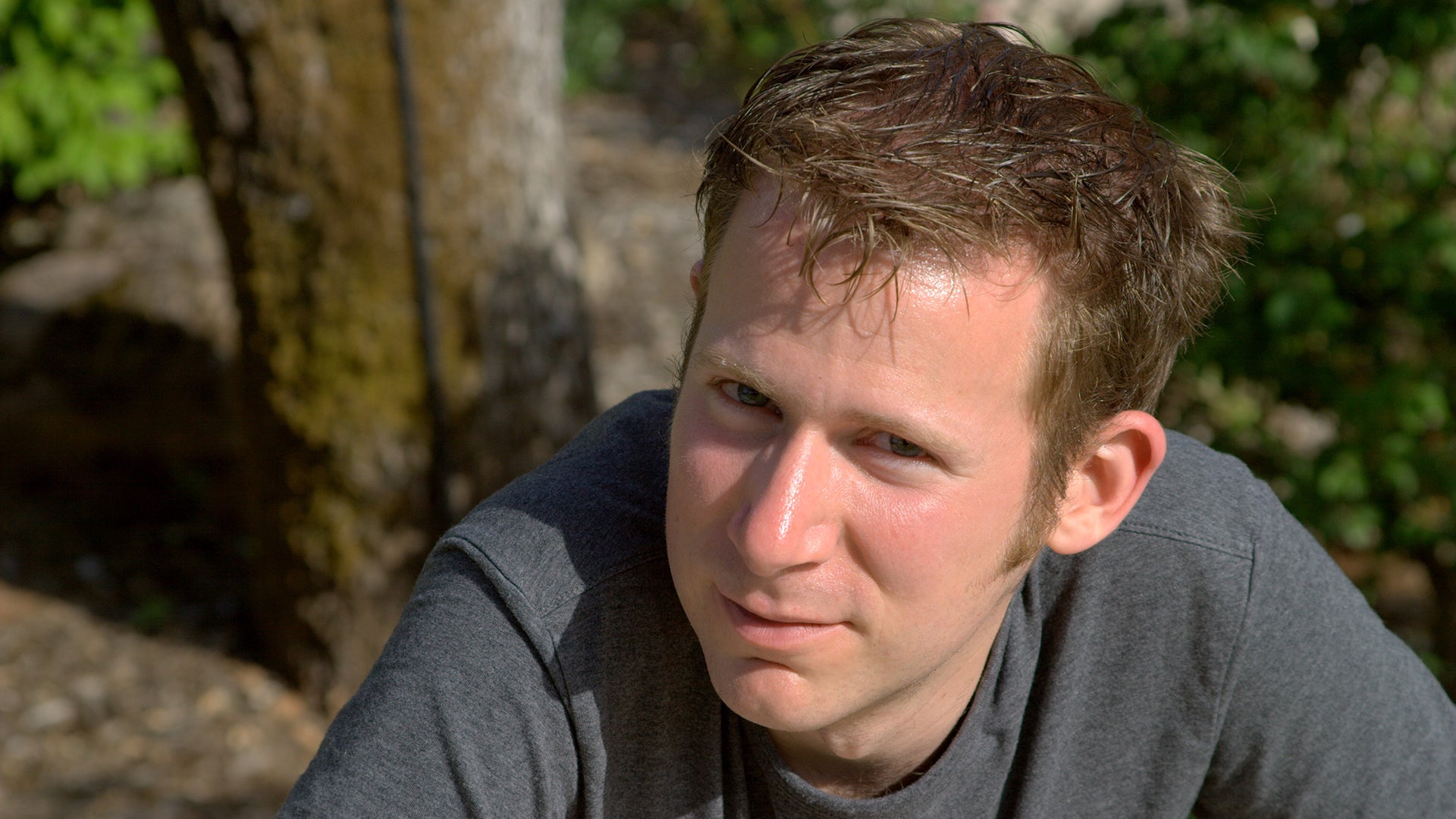He expected to learn to build software, but Ryan Aipperspach’s Rice University experience also prepared him to build companies. The entrepreneur and Computer Science alumnus (B.S. ’04) said Rice’s multi-disciplinary undergraduate program helped him develop a set of skills beyond CS.
“I almost had a history major, and I took a ton of music courses, participating in orchestra, choir, and band. That broad background in many different courses was what got me interested in creating my own companies. And CS is a skillset that can be applied to all kinds of different disciplines—consumer product safety, medical technology, every area in which you might build a business.
“All my coursework in those other disciplines helped me see the variety of business opportunities across many industries. If I’d studied another discipline, I might have gotten bored working in the same field my entire career. But in CS, I can work with architects, medical professionals, and so many other businesses in which CS can be applied.”
He said his most influential course was COMP 410 with Stephen Wong. The software engineering class is organized like a startup, with the students assigned to roles or teams that must collaborate over the course of the semester to solve a single problem for a real customer.
“In addition to learning the process of engineering software, students have access to Dr. Wong’s network. He is good at encouraging students, and connecting us with employers. Our class went to the Microsoft TechEd Conference to show off our project. Dr. Wong also encouraged us in developing our own project after taking the course, a tablet computing app for educators.
“Tony Elam in ECE helped us with business ideas and resources. Even though that project never actually turned into a business, it was a great way to start learning how to think about a company, how to build a startup and launch a product.”
Aipperspach continued his interdisciplinary studies at Berkeley’s Institute of Design, where he rounded out his M.S. in Computer Science degree with courses and research in anthropology, information systems design, and environmental psychology. After three years in the Bay Area, he was hooked on startups.
“In the Bay Area, there are a ton of startups, many solving really useful problems. Sometimes startups benefit broader society indirectly, like creating tools for other developers to use doing good things in the world. But I resonate with the first order of impact, and that was the focus of my first two companies,” said Aipperspach.
His first company, GoodGuide, managed ratings for over 60,000 goods and companies and helped make products safer for consumers. “And now, we’re helping make healthcare more affordable with MDsave. Every one of our customer reviews is sent to an employee Slack channel so we all see them. Every day, there’s a comment like, ‘I couldn’t afford health care except for you.’ So I know I’m doing something to help people directly, and that’s really important,” he said.
Along the way, Aipperspach also helped launch TATCHA, a beauty company with a strong social mission that resonated with him. Through its partnership with other agencies, every product sold funds a day of school for a girl in a developing country.
Interestingly, Aipperspach has become a successful entrepreneur without looking at distant horizons. Rather than planning far ahead and mapping out likely next steps, he said he simply follows opportunities as they present themselves.
“GoodGuide came out of research begun at Berkeley. My involvement with TATCHA started by checking in with an old friend over lunch. And I followed my old boss from GoodGuide to MDsave. I just keep doing interesting things and see what happens, and that’s worked out well for me.”
Aipperspach enjoys entrepreneurship, but it also feels like a sure bet in the San Francisco area. He said the startup culture is so well developed that even if a company fails there are many more to move on to. He joked that Bay Area entrepreneurs just keep trying until something sticks.
“Regardless of my actual job—and I’ve been in a variety of roles—there are several things that keep me working in startups. First, you get to advance quickly in your career. At my first company out of grad school I was one of first engineers but also sat in on board meetings and helped define the product direction. That put me in a position—7 years out of grad school—to serve as CTO at MDsave.
“Second, you really get to do everything: programming, design, product work, management, getting to know customers. I even enjoy getting a new office set up—ordering furniture and painting the walls. Other people may consider those tasks to be tedious, but they are interesting to me and keep the job fresh.”
He has interviewed at global companies, but felt the focus on smaller projects as part of a larger team would grow stale quickly. It is the many and continued surprises in a startup that Aipperspach loves.
“For example, when I started working at MDsave, the engineering team was overseas in Armenia. I had never dealt with an offshore team but I inherited this one and now I’m in touch with them every week and travel there annually. It’s a nice part of the CTO job and one I never expected.”
“As MDsave grows, I’m focusing on scaling and a lot more team management. We’re hiring for more specialized roles, doing team studies of leadership books, and casting a vision for the next stage of growth. The transition from writing code to managing a team and a business requires a whole new set of interpersonal and strategic thinking skills, and it’s another instance where the multidisciplinary education I received at Rice has served me well.”

